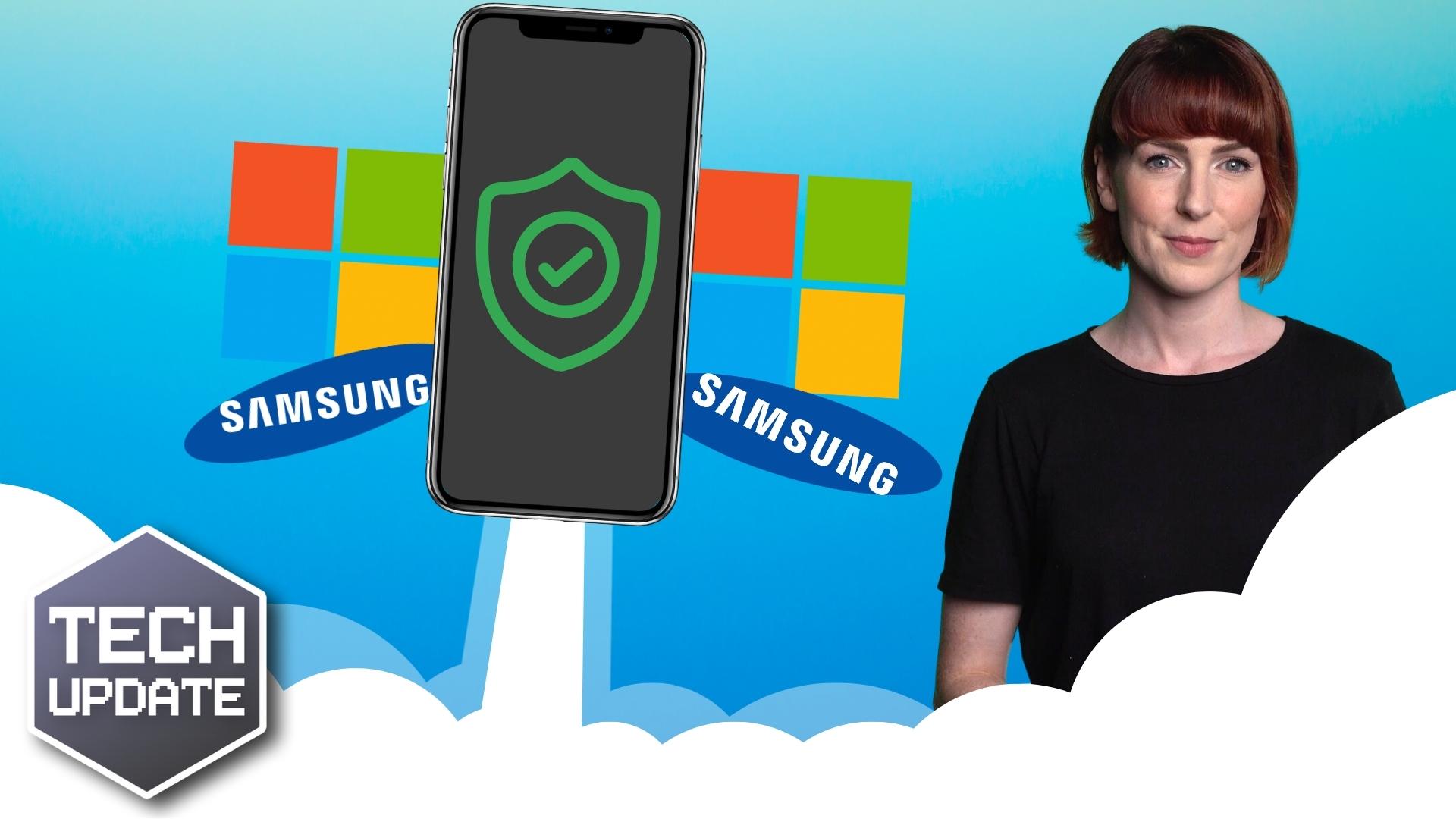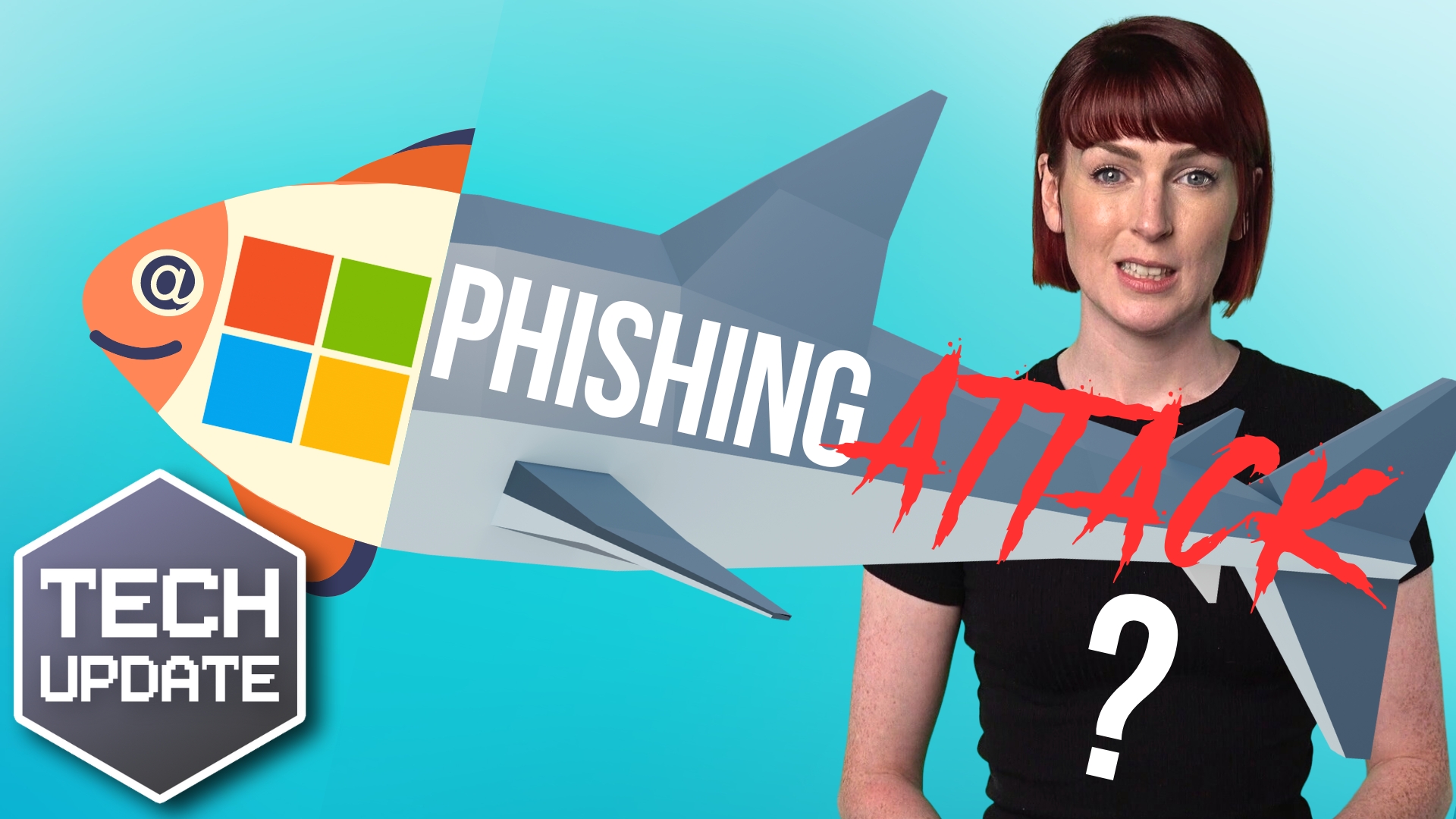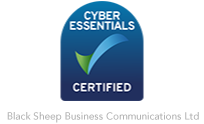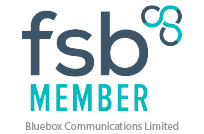You’ve checked your pockets, your bag, under cushions… and then it hits you. You left your work phone on the table at the coffee shop.
You panic.
It’s not the device itself that’s got you worried, but all the sensitive business information stored on it. If that mobile ends up in the wrong hands, you’re facing a nightmare.
But that worry could be over. Microsoft and Samsung are joining forces to make your work phones safer. This month, they’re launching a groundbreaking solution to help protect anyone who uses a Samsung Galaxy device in the workplace.
How?
With something called on-device attestation. It lets companies see if mobile devices have been compromised, even at their deepest components. Think of it as a security guard for your phone.
Samsung brings its software and hardware innovations to the table, whilst Microsoft provides its endpoint management expertise.
And whilst other device attestation tools require a network connection and access to cloud services, this solution works reliably regardless of network connectivity or device ownership model.
This solution will be released alongside Microsoft Intune (previously known as Windows Intune), a unified endpoint management service for both corporate devices and BYOD (Bring Your Own Device). And it will be available to select Samsung Galaxy smartphones and tablets, especially those “Secured by Knox”.
So, whether you’re working from the office, a busy coffee shop, or a remote cabin in the woods, you can rest assured your device is safe.
In business, your phone is more than just a communication device. It’s a vault of sensitive (and valuable) information. And with Microsoft and Samsung on the case, that vault just got a lot safer.
If we can help you keep any of your devices more secure, get in touch.
